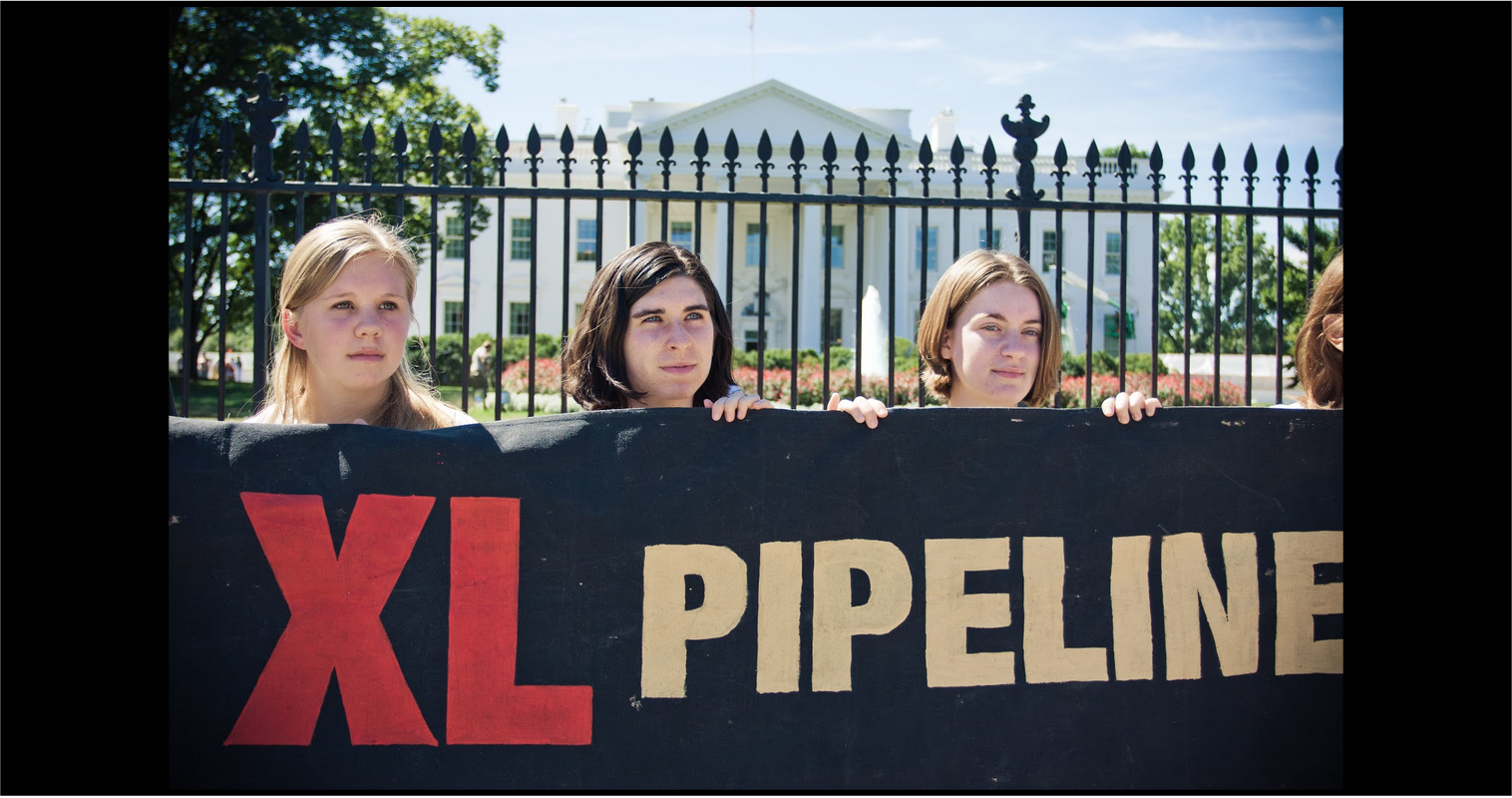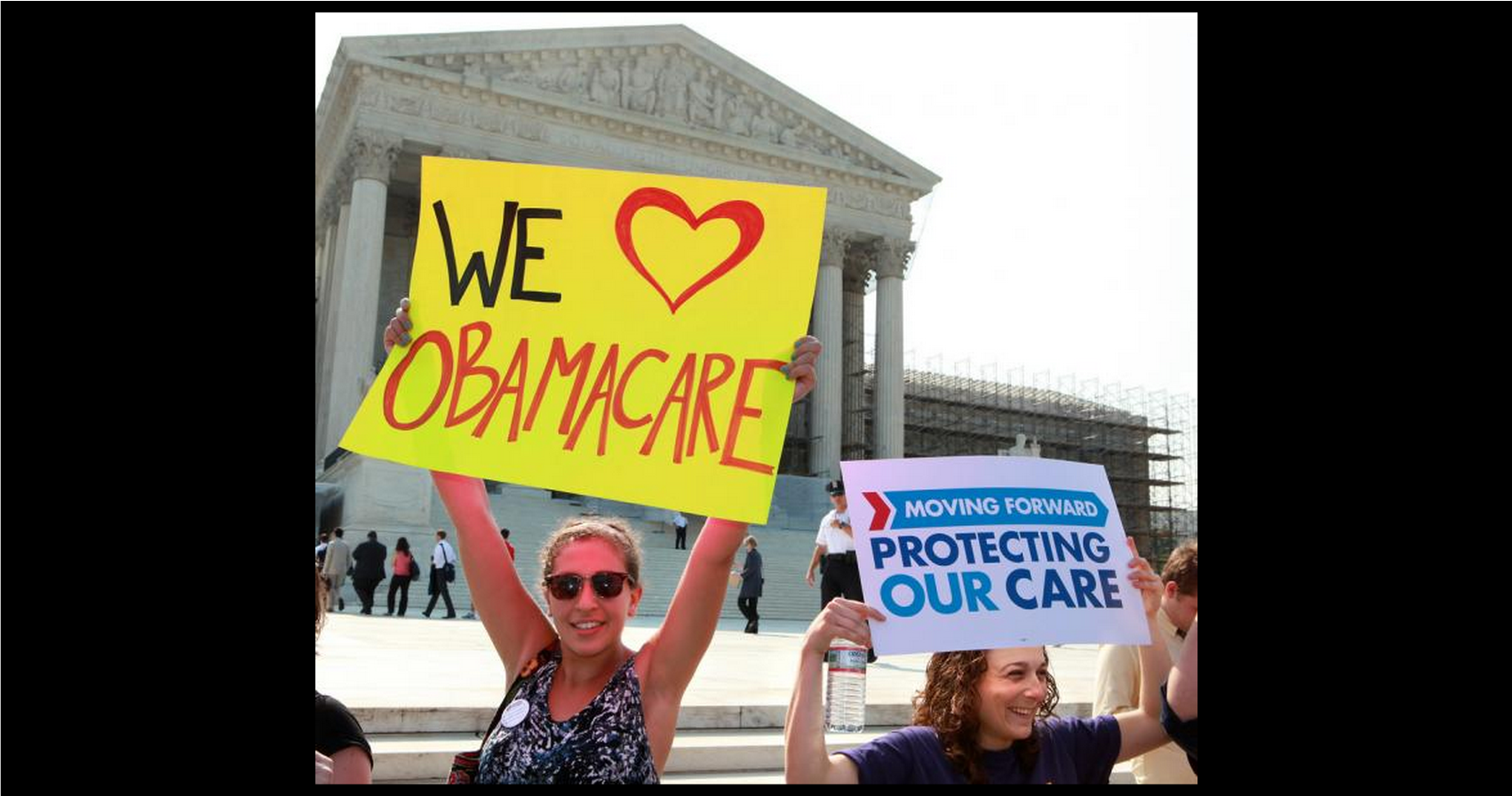Don't Be Out of the Loop: Here's What Congress Is Up To in 2015

By:
The Republicans officially take over both houses of Congress this week -- having won the Senate in November. That means we'll have a Congress fully controlled by Republicans while President Obama, a Democrat, finishes his last two years in office. Because one party controls Congress and the other the White House, we have what's called "divided government."
How does divided government work?
You might remember that Congress passes new legislation and sends it to the president. The president can either sign the bill, making it law, or he can veto it. Vetoing a bill passed by Congress means that the president has killed the bill, and it will not become law. A president will veto legislation he does not like. You've probably already figured out that when Congress is controlled by a different party than the president's, it's more likely that Congress will pass all sorts of stuff that the president does not want.
Congress, however, has recourse against the presidential veto:
- Tool number one. It has a constitutional power to override a veto. To do so, Congress need two-thirds of its members -- in both houses -- to vote for the override. This is not a great option for Republicans right now because they do not control two-thirds of Congress. Thus, an override would require Democratic votes.
- Tool number two. Gamesmanship, which is more effective in blunting the veto. Here's how it works. Instead of passing one law that the president does not like, Republicans could attach something the president does not like to something he does like. For example, Republicans could attach language de-funding Obamacare to a bill authorizing an increase of the debt ceiling -- something that's required for the government to pay its bills. In that case, the president would be in a tough spot. He clearly would want to veto any attempt to weaken Obamacare. But, at the same time, he would not want to incur the economic damage that would ensue if the debt ceiling were not raised. What to do? That's where the rubber hits the road when it comes to divided government -- can Congress and the president find compromise to keep things moving?
Don't forget the filibuster
For the last eight years, the filibuster has been the bane of Democrats' existence. Now that they no longer control the Senate, they'll undoubtedly use it against Republicans. The filibuster is a procedural device in the Senate that allows the minority party to effectively block a debate or a vote on a bill. A filibuster ends when 60 Senators vote for cloture.
What happened last time we had divided government?
We've technically had divided government since the Republicans took over the House of Representatives in 2011. But the last time we had one party controlling all of Congress and the other controlling the White House? Not much got done, although nothing really bad happened either. We're talking about 2007 to 2009, when Democrats controlled Congress and President Bush, a Republican, was in the White House. While nothing important was passed, both parties managed to compromise enough to avoid a government shutdown or debt ceiling fiasco.
If I was betting on what will happen over the next two years, I'd predict a similar environment to 2007 - 2009 with Democrats in a stronger position heading into the 2016 Presidential Election than Republicans were heading into the 2008 Presidential Election.
So what issues will come up in the new Congress?
Check out what's on the pipeline in this video, and then read more below:
Keystone Pipeline

Republicans are expected to move quickly passing a bill authorizing an expansion of the Keystone Pipeline. President Obama, however, seems to be saying he's going to veto it. [grabs popcorn]
UPDATE: 1:30 ET: The White House says the president will veto an authorization of the Keystone Pipeline.
The Keystone Pipeline refers to the completion of an already existing oil pipeline. It would run crude oil from Alberta, Canada, south through the middle of the United States to the Gulf of Mexico. Republicans like it because they say it's good for business, good for jobs, and thus good for the economy. Environmentalists hate it because it makes it easier to to transport dirty fossil fuels, rendering the fight against climate change even more difficult.
Here's what's interesting about Keystone -- there could be enough Democrats in the Senate voting for it to override a veto. At least eight current Senate Democrats voted for Keystone during last year's failed attempt at passage. Democratic Sen. Chuck Schumer, though, says there are enough Democrats in the Senate to block an override attempt. We'll see.
For more on Keystone, check out our explainer.
Insuring the Super Bowl

As 2014 wound down, Congress failed to reauthorize a federal program that essentially insures major events, such as the Super Bowl, against terrorism. (Technically, the federal government indemnifies the insurance companies that insure big events.) This failure could theoretically jeopardize the Super Bowl next month, although the NFL has said the game is not at risk. Because everyone hopes Congress quickly fixes this issue, no one is really entertaining the possibility of what might happen if the program is not brought back. Since both parties like this program, it's expected to pass, but time is ticking. The Super Bowl is February 1.
Obamacare

Republicans are still telling their voters that they will either repeal or de-fund Obamacare. There is some hope, though, that this is just rhetoric and that, instead, Republicans will be open to fixing Obamacare. Republican Sen. Mark Kirk has said he'd like to pass some tweaks, and many Democrats would probably sign onto fixes such as repealing the medical device tax, lifting the insurance requirement for businesses with 50 employees to something higher, and possibly altering the individual mandate, which says you must have heath insurance or you pay a tax.
A fly in the ointment is the upcoming King v. Burwell case, which goes before the Supreme Court this year. It's a complex case, but here's the headline: The Supreme Court could put Obamacare (and thus our health care system) into serious chaos. Chaos that only Congress can fix. Stay tuned.
Financial Regulation
Look for Republicans and some Democratic allies in the Senate to attempt to loosen regulation on the financial sector, specifically the new rules passed in the wake of the 2007 financial crisis. We already saw at least one rule change at the end of 2014 that loosened regulations on banks trading derivatives. Expect more of the same in 2015.
Net Neutrality

Net Neutrality is the idea that internet service providers should allow users access to everything on the internet without favoring certain sites or blocking others. The fear is that, without Net Neutrality, the internet would look like cable television, which requires that customers buy different tiers of content.
Republicans think the president's idea to preserve Net Neutrality goes too far. He's asked the FCC to treat internet service providers as utilities.
For more on net neutrality, see our explainer.
Trade
Free trade seems to be one area where the president agrees with Republicans. Expect the Senate to ratify two free trade agreements that have been negotiated by the Obama Administration. One lowers barriers between the US and 11 countries in the Asia-Pacific region. The other is an agreement between the US and the European Union. Expect populist Democrats to say that free trade is a bad deal for workers because it leads to American jobs moving overseas.
Tax Reform
Reforming and simplifying the tax code is an ideal to which both parties claim to aspire. The devil, though, is in the details. Republicans want reform that ultimately lowers taxes for businesses, specifically a decrease in the the corporate income tax rate. While the president is open to lowering the corporate rate, he also wants to close loopholes and end favorable tax treatment for certain businesses. That would lower taxes and even the playing field for some companies, but, for the companies that are benefiting from (and lobbied for) tax loopholes, reform would amount to a tax increase. Don't expect Republican support for that outcome.
Transportation

The Highway Trust Fund, which supplies the funds to maintain our roads and bridges, is running dangerously low. Last year, Congress passed a smoke-in-mirrors accounting trick to preserve the funding. It's also shifted money into the trust from other federal funds. Why is the Highway Trust Fund running low? Because it depends on the gasoline tax, which is not bringing in the kind of revenue it once did. The tax has not been raised since 1993, so it's not exactly keeping up with inflation. (After all, what politician wants to vote to raise a tax on gas? It wouldn't take a political mastermind to write an attack ad against anyone casting that vote.) We're also getting more fuel efficient which means people are buying less gas. To make matters worse -- for the trust fund at least -- gas prices are currently at ridiculous lows, reducing revenue even further. (To understand why gas is so cheap, check out our explainer.)
We have a serious problem with infrastructure in this country. (Check out our primer on the crisis facing our roads and bridges.) What's crazy is that everyone agrees. Business want to fix our infrastructure. So do Democrats. So do many Republicans. Yet, it's been beyond our grasp. Fortunately, Republicans in the Senate are signaling that they might be open to raising the tax. The House, though, would be a whole different story.
